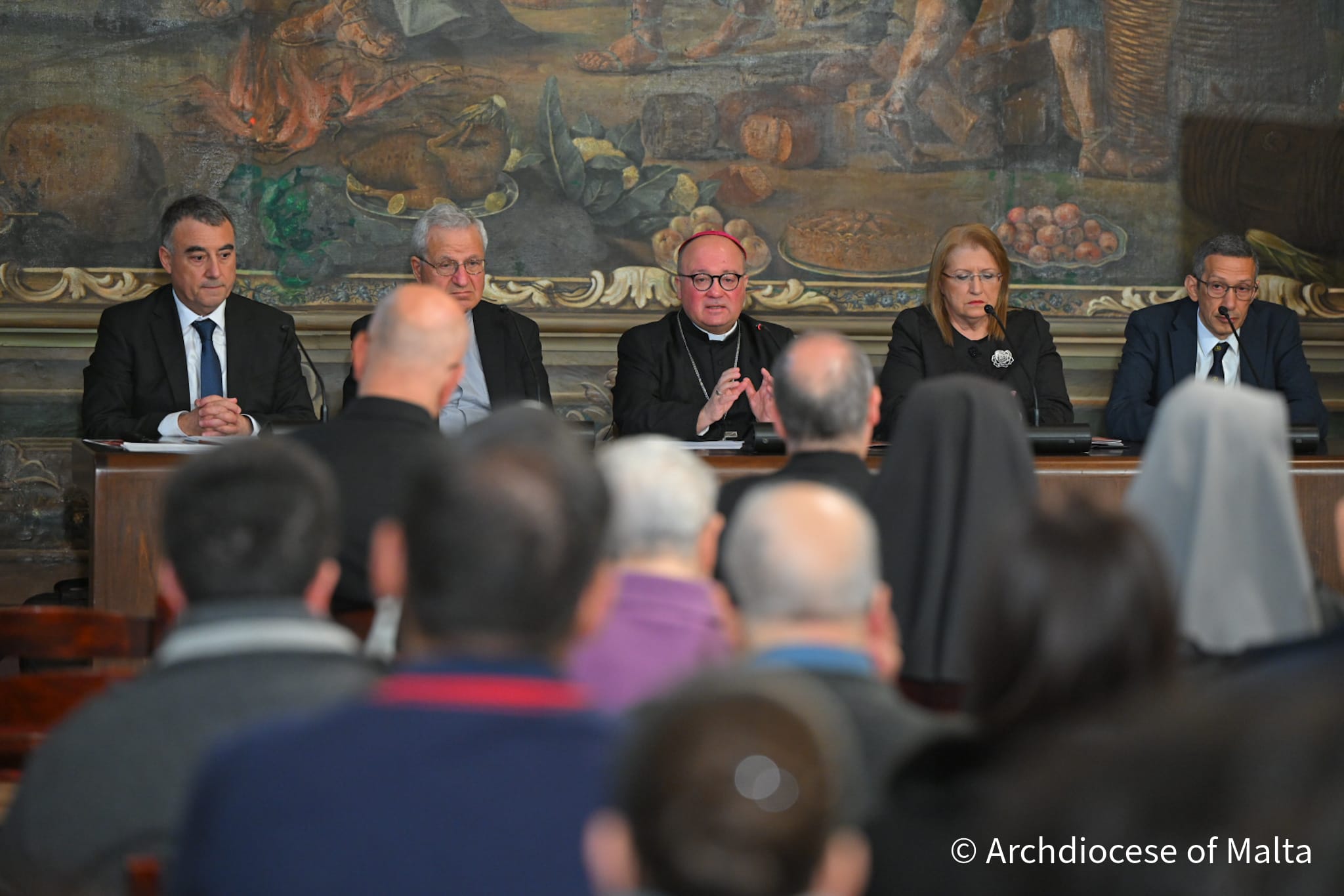
The Church in Malta has published ethical guidelines on care for the elderly, stating that the right to life entails the means for “proper protection and development of life” till the very final stages.
Compiled by a group of experts and ethicists, the publication, entitled ‘Care for Elderly Persons in Church Residential Homes in Malta: Ethical Guidelines,’ reaffirms the duty of citizens to promote the dignity of the elderly community and respect the sanctity of human life from the moment of conception until natural death.
In a foreword, Archbishop Charles Scicluna said: “The quality of society and civilisation in which we live depends on the sensitivity to the needs of the elderly and the vulnerable. Their lives are not to be merely prolonged but honoured, cherished and celebrated in a caring environment that does not only add years to life but more decidedly life to years.
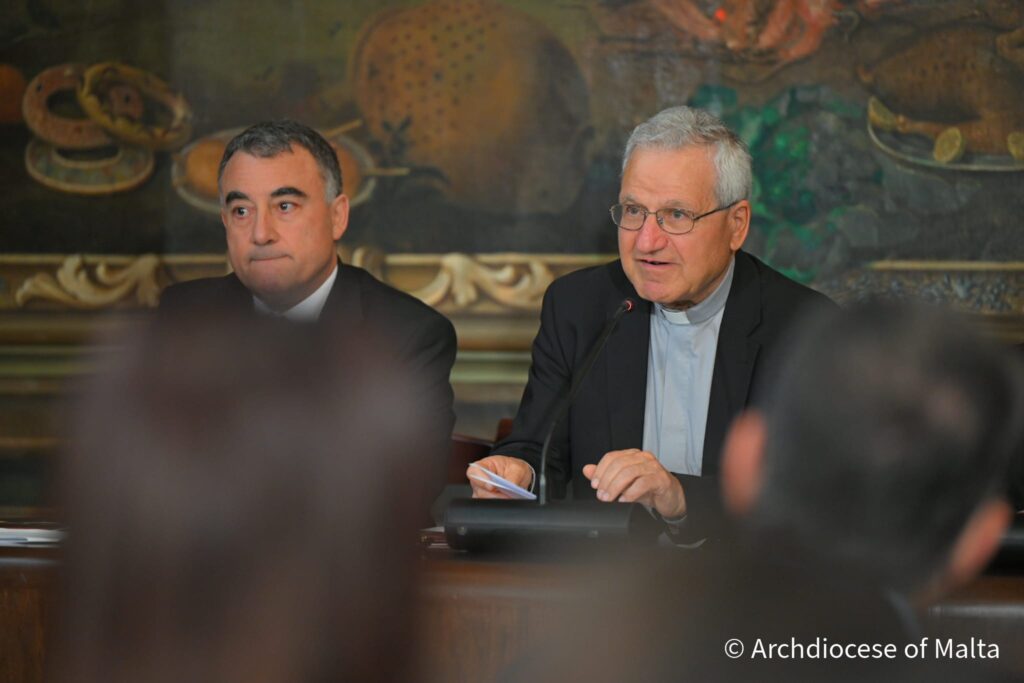
“Despite their frailty and vulnerability, the elderly should not be regarded as a burden to society, as promoted by the so-called throwaway culture of today, but as the ‘messengers of tenderness … and wisdom of lived experience,’ as Pope Francis recently remarked.”
The Church’s guidebook is divided into six chapters: Ethical Values, Principles and Norms, Basic Principles, Guardianship and Advance Care Planning, Palliative Care, Medical Assessment at an End-of-Life Stage, and Regulations: Policies and Procedures.
Co-author and leading bioethicist Mgr Prof. Emmanuel Agius said, “Older people should be free of exploitation and physical or mental abuse. They must be treated fairly and be valued independently of their economic contribution. Rather than discussing physician-assisted suicide and euthanasia, the public debate in our county should focus on whether a robust palliative care strategy for the ageing population is in place to assist them live with dignity while dying.”
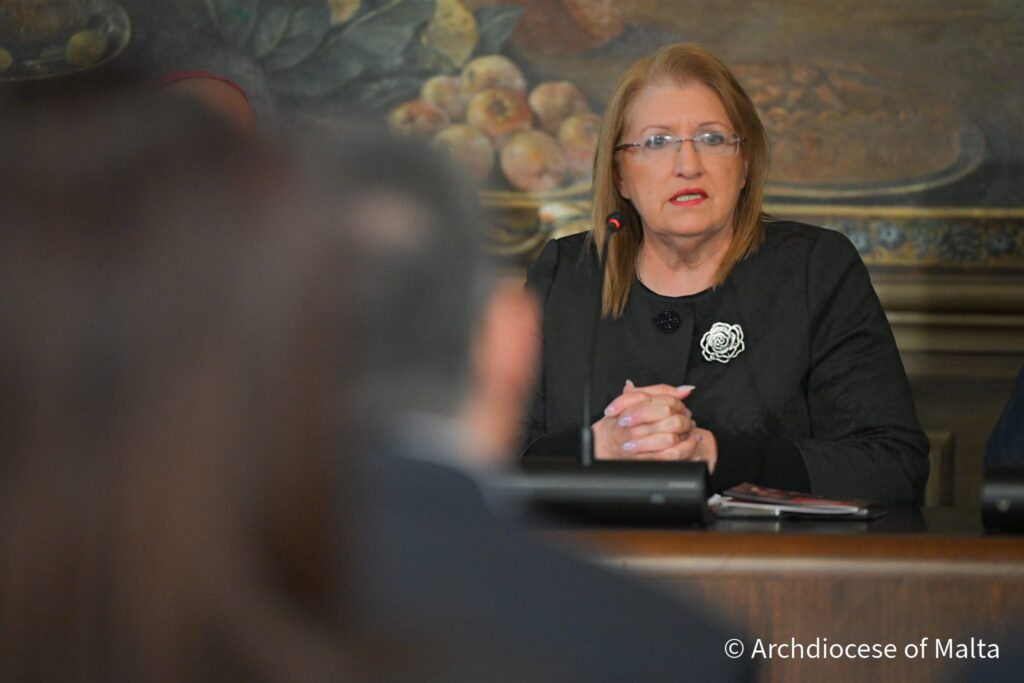
The guidelines state that the function of multidisciplinary and medical care is to provide holistic care, even when a cure is not available.
“Physicians and healthcare professionals must evaluate the proper use of the technology at their disposal, ensuring that the resident is always the main focus of care. Reflection on the inherent dignity of human life in all its dimensions and on the purpose of medical care is indispensable for formulating a true moral judgment about the use of technology to sustain life.”
The
publication also states that every individual has a moral obligation
to use ordinary or proportionate means of preserving his or her life.
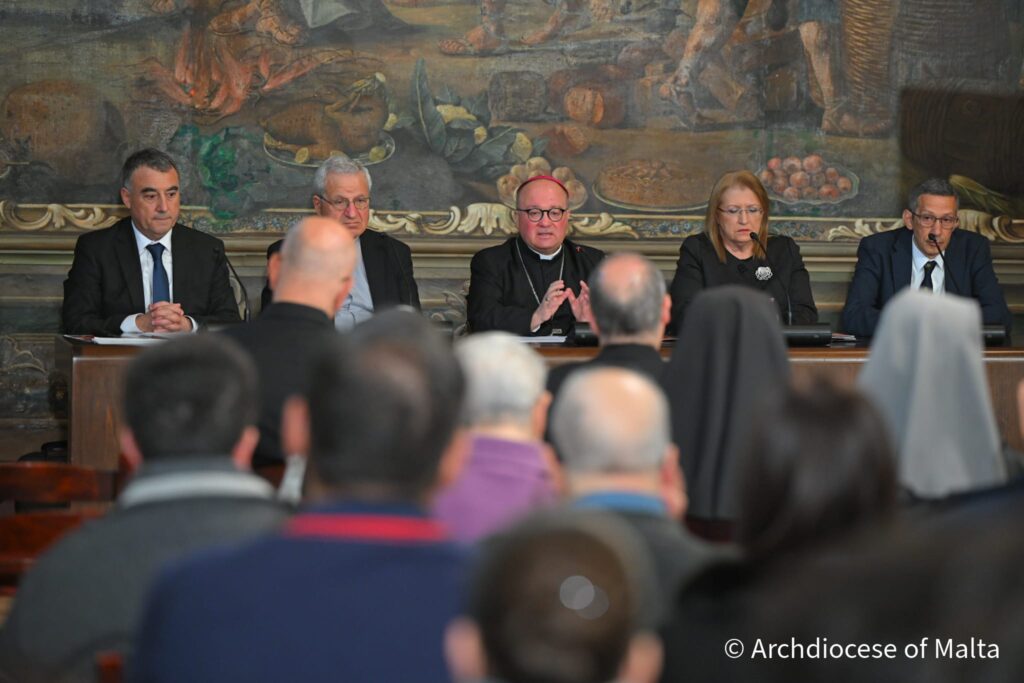
“Proportionate means are those that, in the judgment of the elderly person, offer a reasonable hope of benefit and do not entail an excessive burden or impose excessive expenses on the family or the community. Disproportionate means are those that in the judgement of the elderly person, do not offer a reasonable hope of benefit.”
The guidelines also state that a proper medical assessment must be carried out by competent professionals before any decision has been taken that a person has reached an end-of-life stage.
“This is important to be able to exclude possible reversible factors such as hypothermia, infections, and other potentially reversible conditions.
“Even so, an
end-of-life situation is a dynamic scenario which can go either way, and it is
not the first time that a resident in an end-of-life situation reverses
to a better health status. This means that an end-of-life diagnosis needs
review from time to time according to the situation of the resident.”
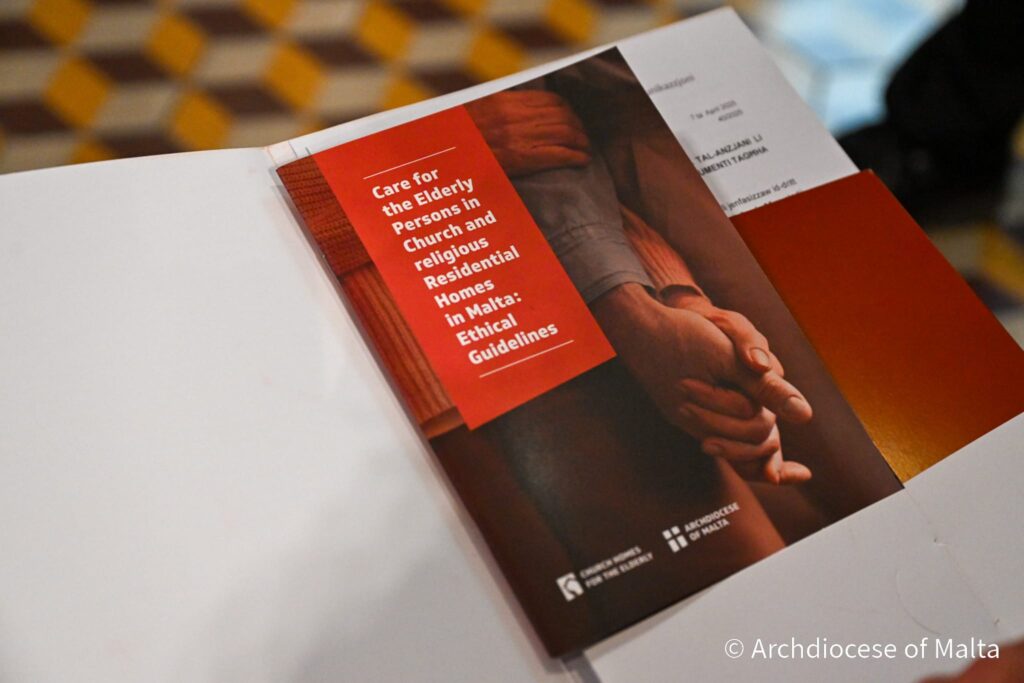
The publication also recommends that elderly people identify a representative to make healthcare decisions on their behalf should they get to a stage where they lose their capacity to make healthcare decisions for themselves. Moreover, the importance of an advance care plan, which does not conflict with Christian ethics, is also acknowledged.
However, the guidelines warn: “Decisions by the designated surrogate should be faithful to Christian ethical principles and the wishes and values of the person.”
